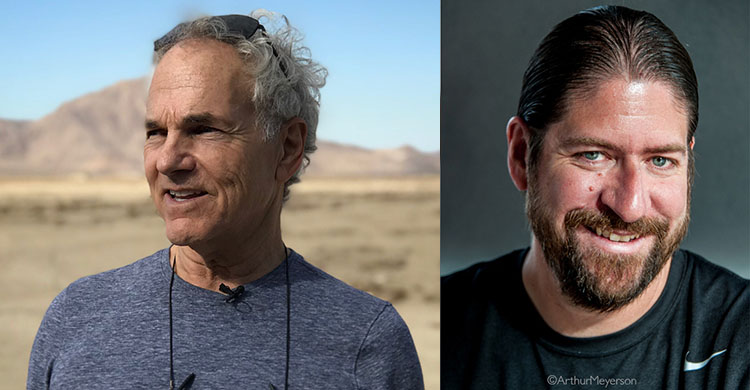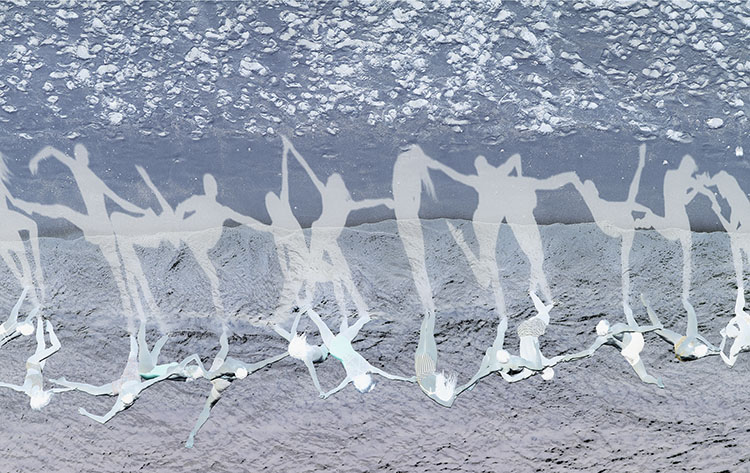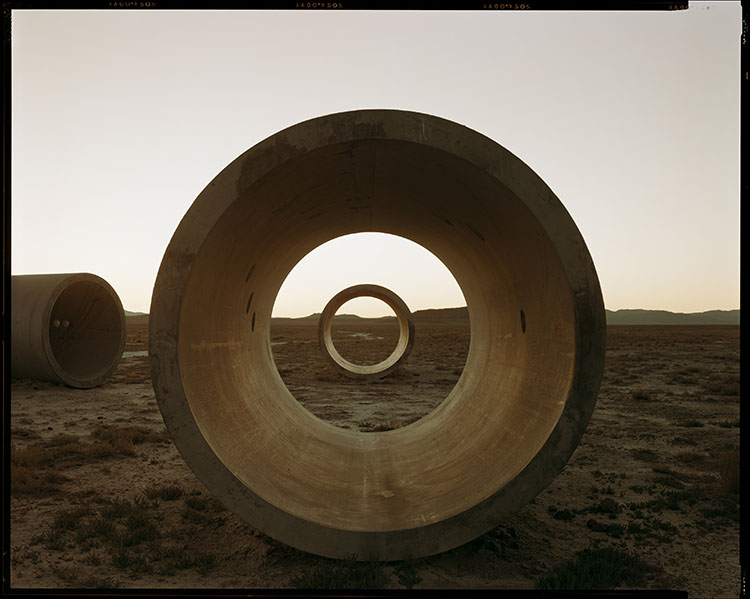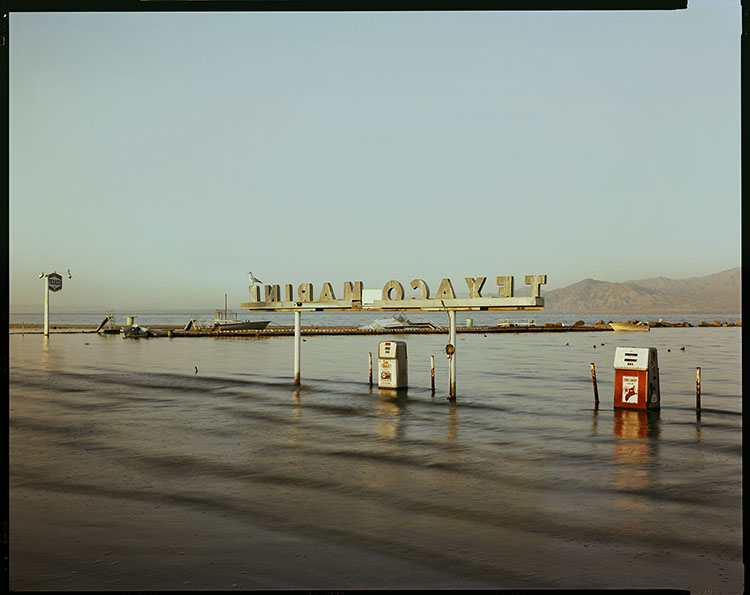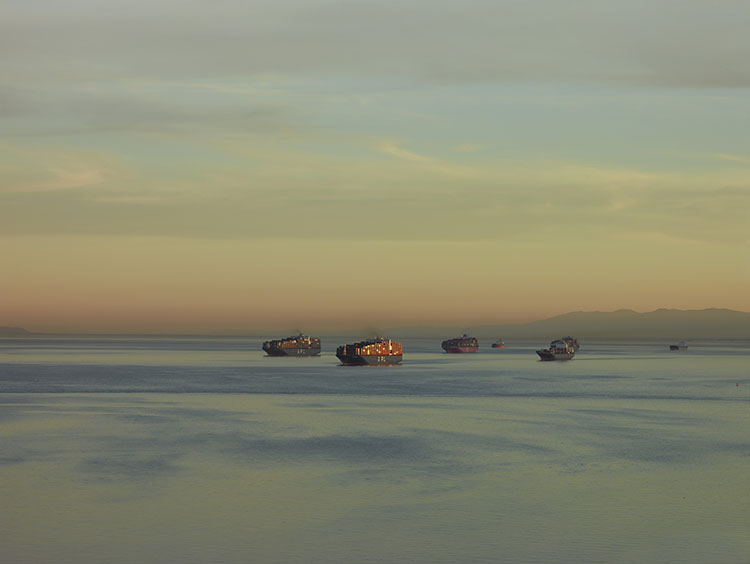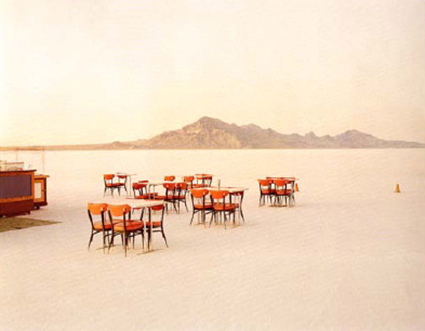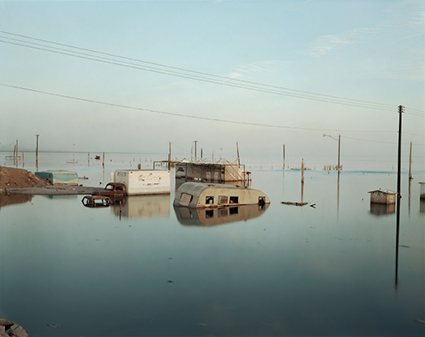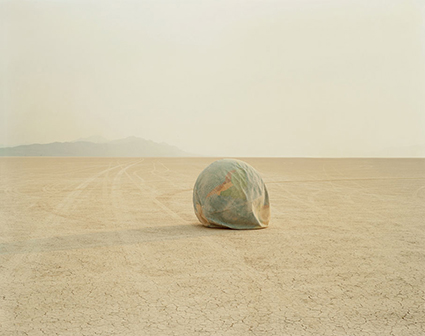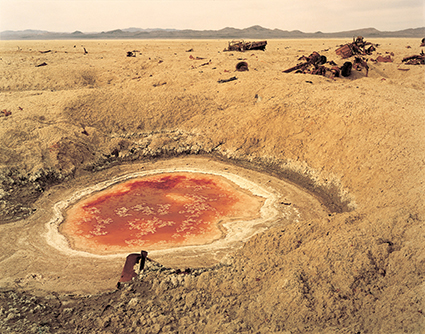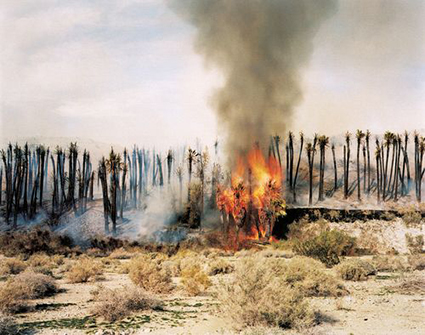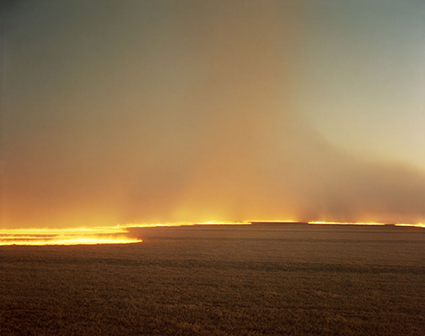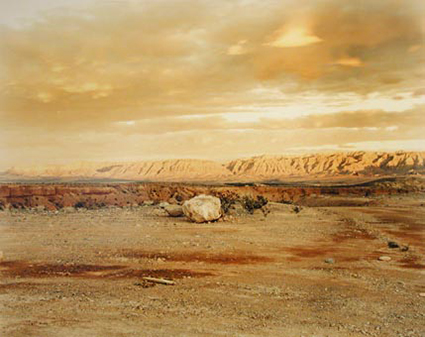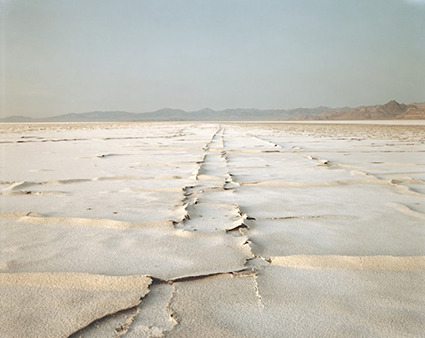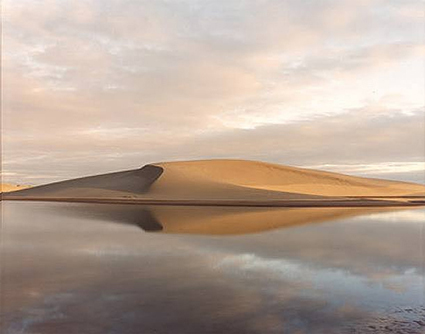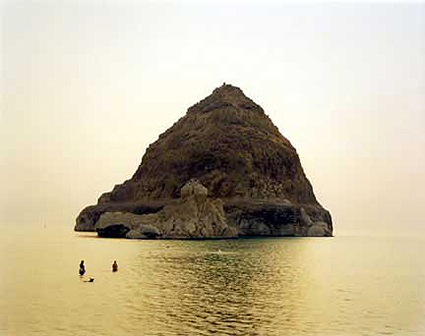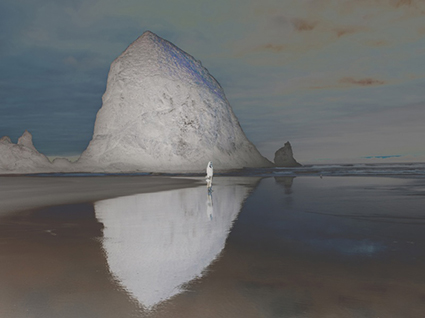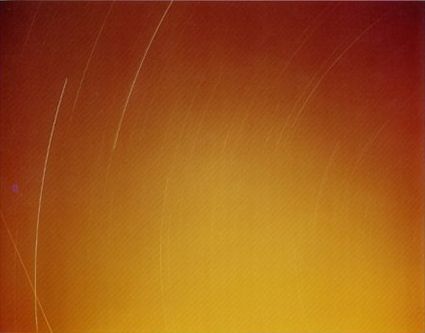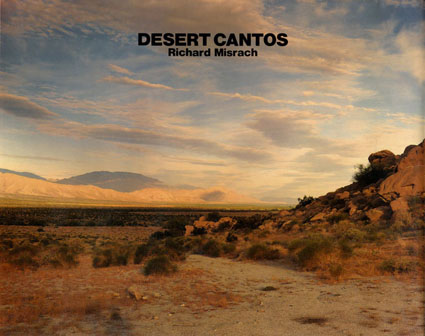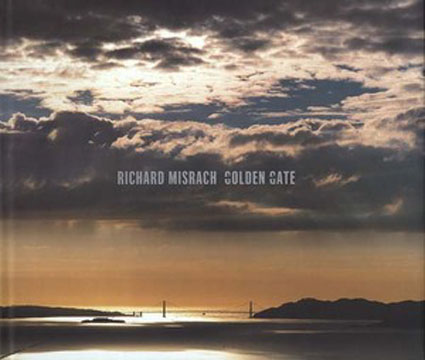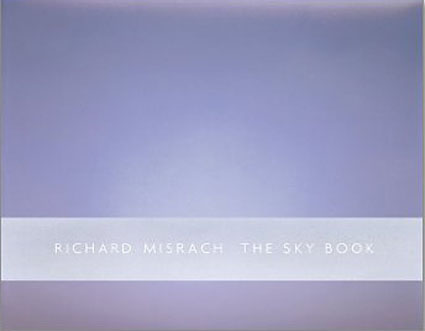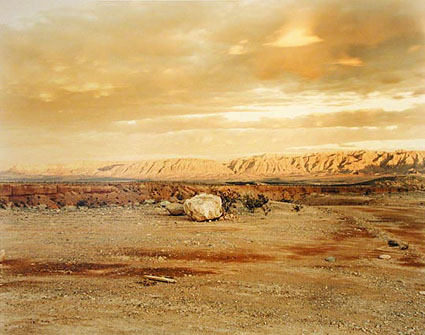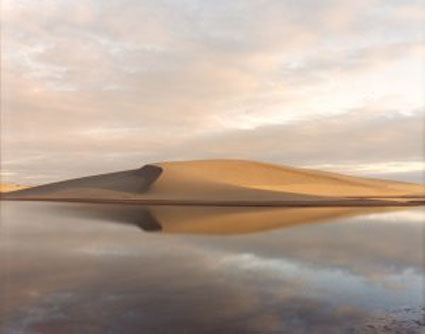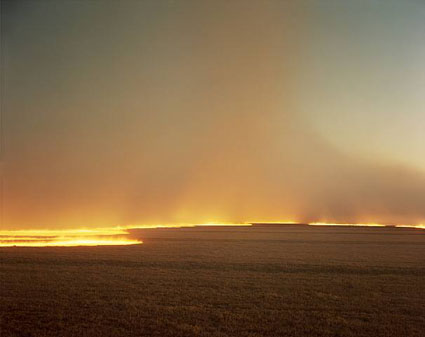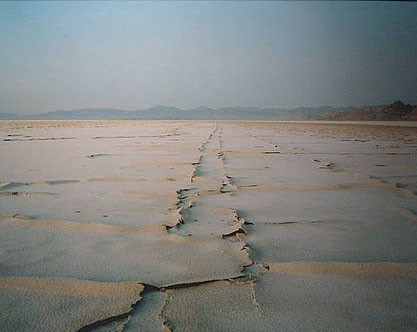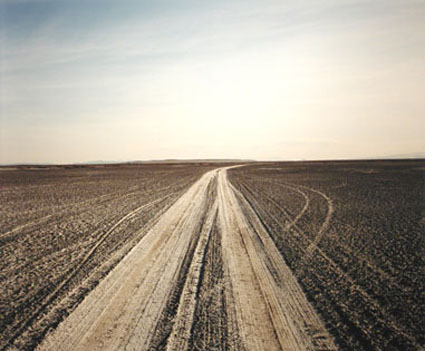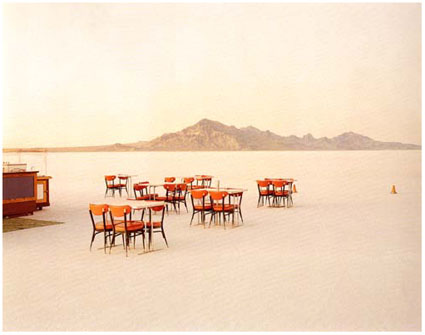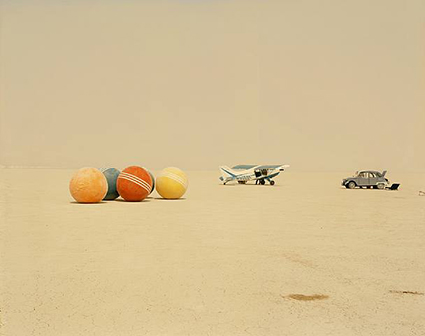
Enjoy this collection of quotes by master photographer Richard Misrach.
“I’ve come to believe that beauty can be a very powerful conveyor of difficult ideas. It engages people when they might otherwise look away.” – Richard Misrach
“It’s hard for art to really solve problems but I’ve come to believe that art is an important way of communicating, not only with current generations, but future generations.” – Richard Misrach
“To me, the work I do is a means of interpreting unsettling truths, of bearing witness, and of sounding an alarm. The beauty of formal representation both carries an affirmation of life and subversively brings us face to face with news from our besieged world.” – Richard Misrach
“I’m not interested in victim photography. Photographing people suffering and putting it on a museum wall is too weird.” – Richard Misrach
“The very act of representation has been so thoroughly challenged in recent years by postmodern theories that it is impossible not to see the flaws everywhere, in any practice of photography. Traditional genres in particular—journalism, documentary studies, and fine-art photography—have become shells, or forms emptied of meaning.” – Richard Misrach
“In spite of recent trends towards fabricating photographic narratives, I find, more than ever, traditional photographic capture, the ‘discovery’ of found narratives, deeply compelling.” – Richard Misrach
“The desert … may serve better as the backdrop for the problematic relationship between man and the environment. The human struggle, the successes … both noble and foolish, are readily apparent in the desert. Symbols and relationships seem to arise that stand for the human condition itself.” – Richard Misrach
“People have responded to the pictures I make as mystical things, and they somehow carry the illusion further thinking that the place is this mystical, magical place. The desert is also a very barren place, a very lonely place, a very boring, uneventful place.” – Richard Misrach
“The one thing that seems to be consistent through all my work that I like, and I experimented a lot, is the viewer is allowed to meditate on something that normally we don’t stop and stare at, whether it’s people or a cactus.” – Richard Misrach
“One of the things that was really influential early on was Ezra Pound’s Cantos, one poem he worked on for 50 years. It’s epic. I had a great deal of difficulty understanding it. One of the problems was you’d be reading along in English and he would move to a Chinese ideogram or French–he actually used seven different languages in a given poem. And for somebody who’s not fluent in different languages it has the impact of rupturing your way of understanding something. It was very purposeful on his part to put these obstacles of language in there so that you become conscious of the whole system. You don’t get a neat narrative or a neat poem. Once you run into these obstacles of language you have to stop and think about other things. So, for me, in putting The Playboys or The Paintings or these language things in with these more conventional landscapes they inform each other. It does scatter, it does rupture, the way cubist paintings would. Each gives you a different way to approach something and sheds light on everything else.” – Richard Misrach
“Our experience with knowledge, the way we know things, is not that neat. It doesn’t fit into a grand narrative, the way we’ve been taught to read.” – Richard Misrach
“I am not unaware that I have the mindset, as contradictory as it may sound, to discover in the world what I am in fact looking for. Perhaps the best pictures are a seamless hybrid of discovery and construction.” – Richard Misrach
“Whatever else a photograph may be about, it is always about time.” – Richard Misrach
“I think this is the most exciting time in the history of photography. Technology is expanding what photographers can do, like the microscope and the telescope expanded what scientists could do.” – Richard Misrach
Read my conversation with Richard Misrach.
View 12 Great Photographs By Richard Misrach here.
View 4 videos with Richard Misrach here.
